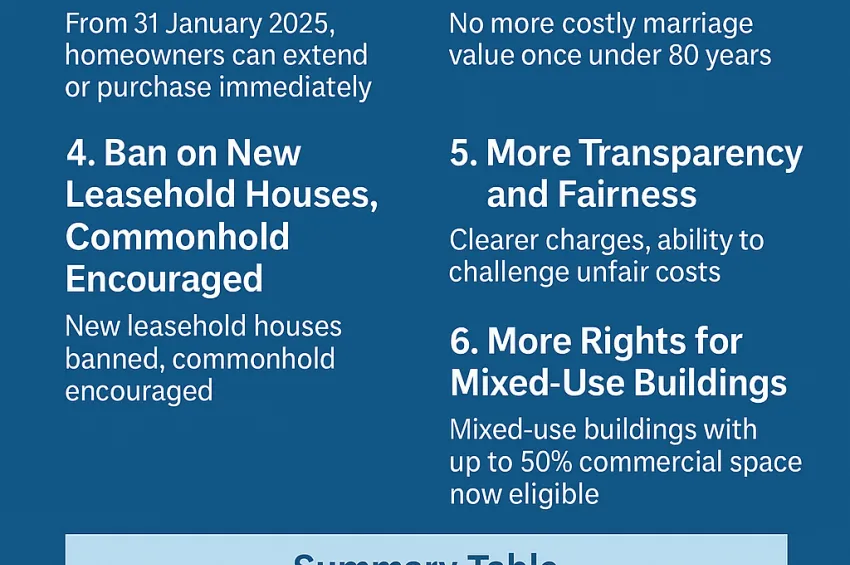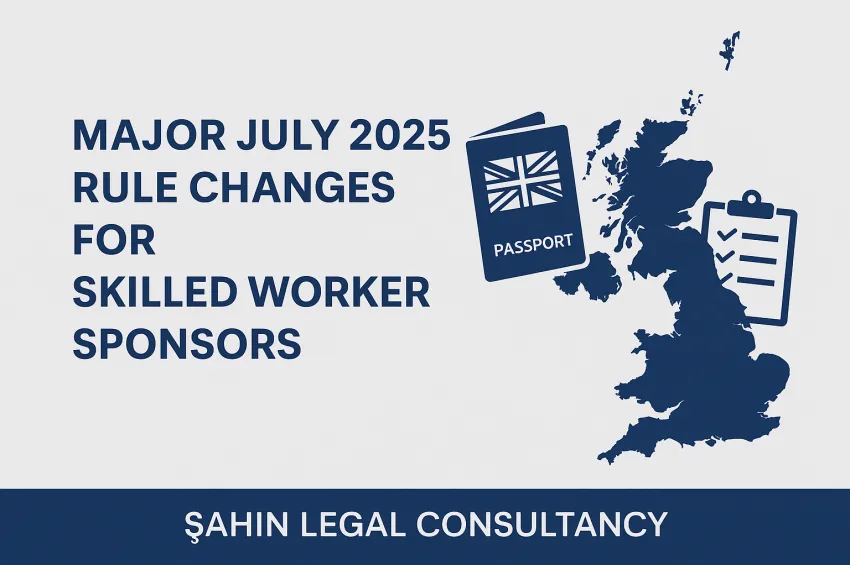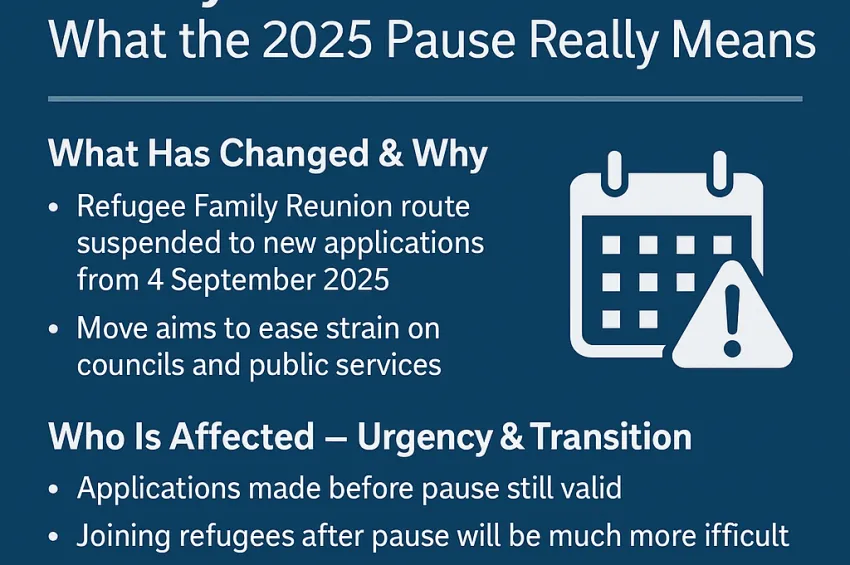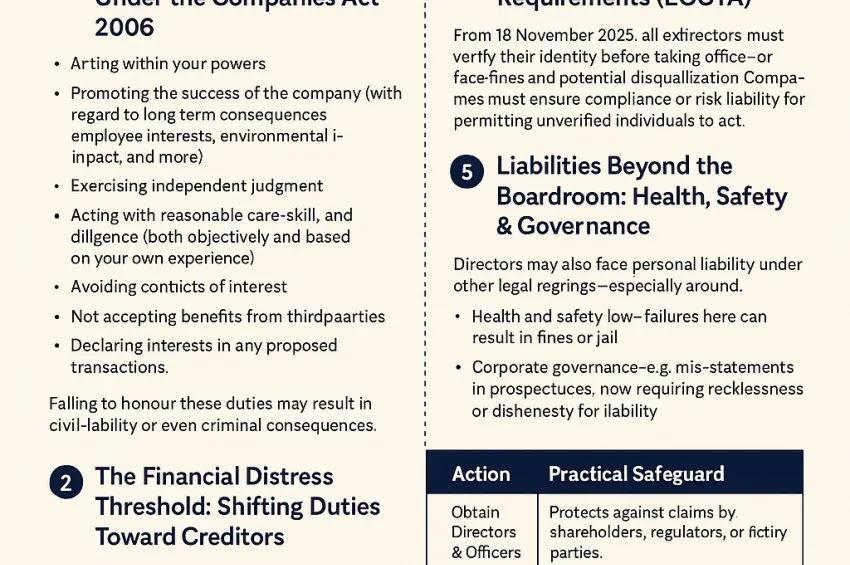
The Leasehold and Freehold Reform Act 2024 marks a historic shift in UK property law—bringing long-overdue relief and protections to leaseholders across England and Wales. Here’s what homeowners need to know now and how to prepare.
1. Right to Extend or Buy from Day One
As of 31 January 2025, the long-standing two-year ownership requirement has been abolished. This means that new homeowners can immediately apply to extend their lease or purchase the freehold—no more waiting periods.
2. Longer Leases, Zero Ground Rent
The Act introduces uniform 990-year lease extensions for both houses and flats, at a peppercorn ground rent (essentially zero).
This significantly reduces the risks associated with short leases, making properties easier to mortgage, sell, and pass on.
3. No Marriage Value Fees
Traditionally, leaseholders extending a lease with under 80 years remaining had to share the “marriage value” increase with the freeholder—a costly process. The new legislation removes this requirement once secondary legislation is enacted.
This means lower costs and greater certainty for leaseholders seeking to extend or enfranchise.
4. Banning New Leasehold Houses & Boosting Commonhold
The Act bans the sale of new leasehold-only houses, with very limited exceptions. The government is also pushing to make commonhold—where flat owners share ownership and responsibility—the default model moving forward.
5. Improved Transparency & Fairness
The legislation brings an end to opaque commissions on building insurance—replacing them with clear, capped handling fees. It also limits excessive service charges, offers stronger rights to challenge unfair fees, and removes the presumption that leaseholders bear freeholder legal costs when taking action.
6. More Rights for Mixed-Use Buildings
Collective enfranchisement—the right to buy the freehold of your building as a group—was previously limited. Now, buildings with up to 50% commercial space qualify, compared to the old 25% cap.
7. Status: Partial Rollout, Legal Challenge on the Horizon
-
The Act received Royal Assent in May 2024, but many provisions require secondary legislation to take effect.
-
In March 2025, both the timeline and draft secondary legislation were published—with further consultations expected in summer 2025.
-
A judicial review by freeholder interests is under way, challenging the reforms—though leaseholder advocates remain cautiously optimistic.
What It Means for You
| Your Situation | Impact of the Reform |
|---|---|
| Purchased leasehold property recently | Can now extend or buy freehold immediately after purchase |
| Lease under 80 years left | No more marriage value costing you—major savings |
| Eyeing lease extension or enfranchisement | Requests simplified, longer-term peace of mind |
| Concerned about rising service/insurance costs | Better transparency and tools to challenge unfair charges |
| Part of mixed-use development | Easier to achieve collective enfranchisement |
Final Thoughts
The Leasehold Reform 2024–25 significantly levels the playing field—tightening protections for leaseholders and reducing costs. While full implementation still requires legal steps, the trajectory is clear: the UK is moving toward fairer, more transparent property ownership.
If you’re considering applying for a lease extension, freehold purchase, or simply want clarity on your rights under these reforms, reach out for bespoke legal guidance.















